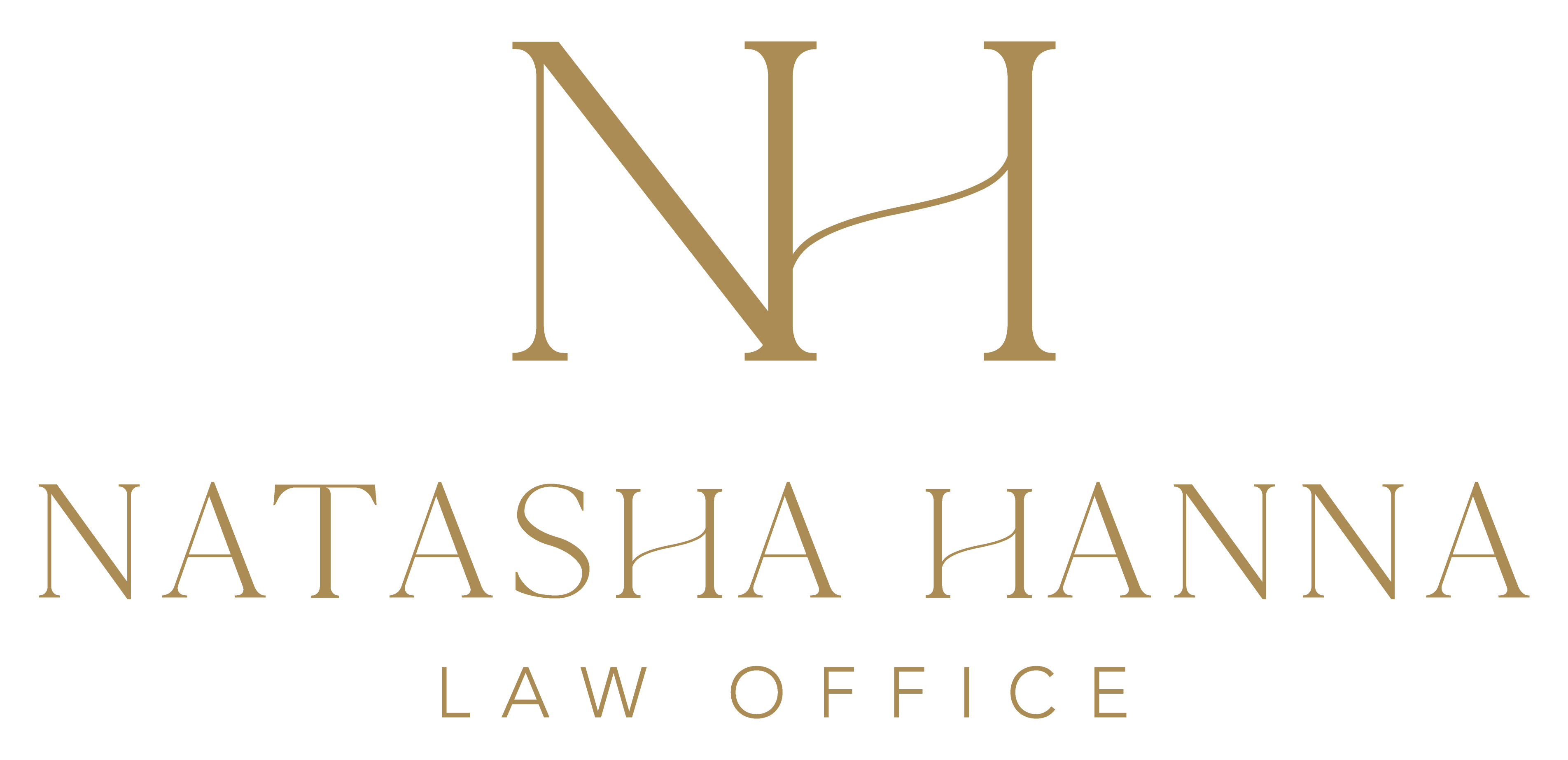
Understanding Personal Injury Settlements vs. Court
Being Caught in a Personal Injury Legal Dilemma
Injuries are distressing enough without the added burden of deciding whether to settle your case or head to court. Navigating this decision-making process can be overwhelming, especially when you're unsure about the potential repercussions. Understanding the difference between settling and going to court is crucial to guide you toward a path that aligns with your needs and circumstances. In this blog, we'll delve into these options, helping you make an informed choice.
Settling a Case
A settlement occurs when both parties involved in a dispute agree to resolve the matter outside of court, usually involving a financial payout to the injured party. The prominent benefits of opting for a settlement include the potential for a speedy resolution, which means you receive compensation more quickly than in a lengthy court battle. You also tend to incur lower legal costs and related expenses. However, once you've agreed to a settlement, pursuing further claims related to your injury is off the table.
Going to Court
Deciding to take your case to trial means presenting it before a judge or jury. This path involves a formal legal process, including pre-trial procedures, hearings, and potentially, a lengthy trial. The allure of going to court is the possibility of a higher compensation award, especially if your injuries are severe and long-lasting. Moreover, a court verdict can publicly hold the responsible party accountable for their actions. However, be prepared for drawbacks. Court cases are often prolonged, consuming time and finances. There's also the inherent risk of an unfavorable outcome, leaving you without any compensation.
Choosing the Right Path
Selecting whether to settle a personal injury case or proceed to court is a pivotal decision. The best choice differs for each individual, depending on the specific circumstances of their case. Consider consulting a personal injury attorney who can provide personalized guidance, ensuring you make an informed decision to safeguard your future and well-being. By weighing your options carefully, you empower yourself to reach the best possible outcome for your situation.
